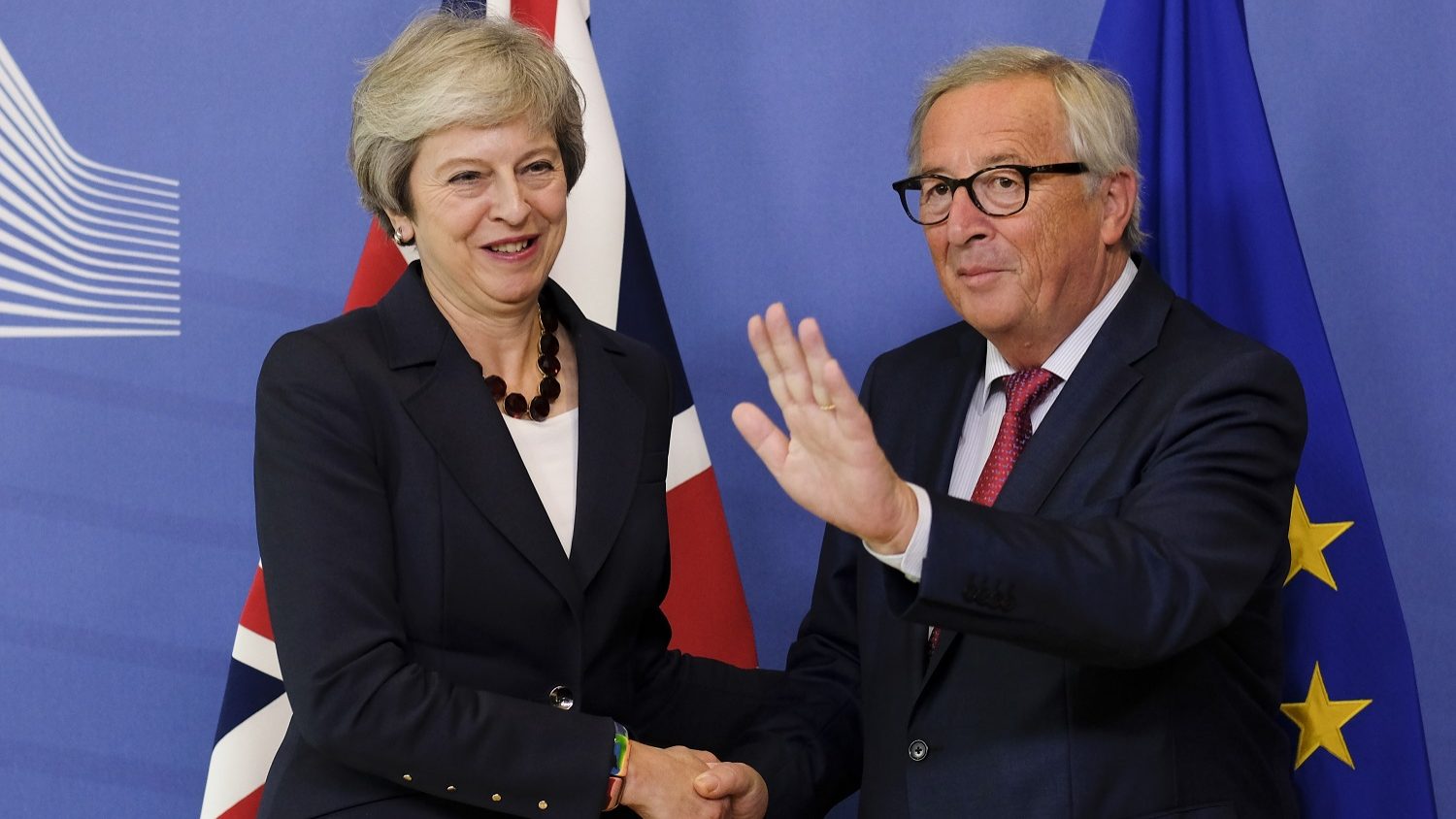Analysts see 2018 budget deficit at 0.6% of GDP, in line with minister’s estimates
The country's economists have said that the public sector's budget deficit in 2018 ended up at around 0.6% of GDP, which is in line with Mário Centeno's estimates.
Economists estimate that Portugal’s public sector budget deficit for 2018 ended up at around 0.6% of gross domestic product, in line with the figure released in February by the country’s finance minister, Mário Centeno.
The National Statistics Institute (INE) is on Tuesday to issue the first official notification under the European Union’s excessive deficit procedures with the value of the 2018 deficit, which it is to send to the European Commission. According to economists questioned by Lusa, it is thought to be around 0.6% of GDP, in line with the government’s own latest estimate.
“The deficit of 2018, reported in the context of the first notification … should come in line with the government’s most recent public statements, that is it should be between 0.4 and 0.6 per cent of GDP,” João Borges de Assunção, a professor at Lisbon’s Catholic University, told Lusa, adding that this outcome “is positive given the slowdown in economic growth in 2018.”
In the 2018 state budget, the government projected a deficit of 1.1% of GDP, then revised that down to 0.7% in its Stability Programme for 2018 to 2022, confirming that in the draft 2019 state budget.
But on 6 February Centeno told parliament that the 2018 budget deficit was in fact around 0.6% of GDP, so revising down the government’s last estimate.
Analysts are taking a very similar view on the budget deficit.
“Our prediction is that Portugal’s deficit is around 0.6% of GDP in 2018,” Angie Suárez Salazar, BBVA’s economist for Portugal and Spain, told Lusa.
“Our estimate for the overall public sector budget outturn is in line with that of the government, between 0.7 per cent and 0.5 per cent, taking into account the development of public accounts,” said Bruno Fernandes, an economist at Banco Santander.
In a recent publication on ‘Weekly Economy and Markets’, published on 4 March, Banco Montepio also estimated a 2018 deficit of 0.6%. In addition, “the deficit may be more likely to be below that value than above,” Rui Bernardes Serra, its chief economist, told Lusa.
Another bank, BPI, in its March monthly newsletter, estimated a 2018 deficit of 0.7%.
Parliament’s Technical Budget Support Unit (UTAO) and the Public Finance Council (CFP), an independent state watchdog, are still more optimistic about the deficit.
UTAO estimates a deficit of 0.4% of GDP, while the CFP has put it in 0.5% in its report ‘Public Finances: Position and Constraints 2019-2023’, released on 14 March.
In 2017, the public sector budget deficit was 3.0% of GDP, including a capital injection into state bank Caixa Geral de Depósitos; it would have been 0.9% without this.
The government is projecting a budget deficit of 0.2% of GDP this year, while the CFP forecasts 0.3%, with the possibility of that widening by as much as 0.4 of a percentage point given the planned injection of €1.149 billion into Novo Banco, the successor organisation to collapsed Banco Espírito Santo. Of that total, €400 million are already targeted for 2019’s state budget.
Also tomorrow, INE is to announce the quarterly national accounts by sector, in which it will reveal, among other things, developments in the economy’s financing capacity and the household savings rate.
According to INE data which is already out, GDP went up by 2.1% last year, less than the 2.3% growth estimated by the government. For 2019, the government is projecting a 2.2% GDP growth.




